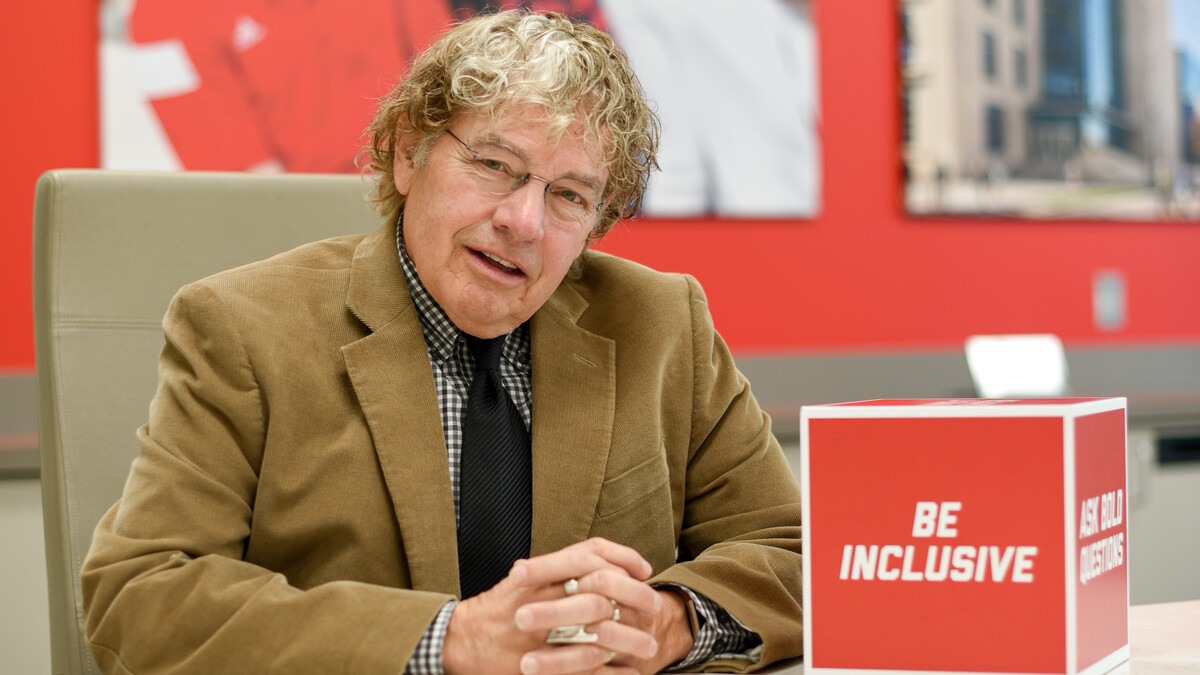
Most people will experience a traumatic event in their lifetime, and about 10 percent of those who experience trauma will develop Post Traumatic Stress Disorder.
The high prevalence of trauma and subsequent PTSD begs the question of how to prevent PTSD and best practices for treating it. Current research is providing new information – but at what cost?
A new University of Nebraska-Lincoln analysis looked at whether participation in PTSD research causes trauma victims to be re-traumatized or suffer further psychological injury. The study, which examined more than 50 trauma-related studies involving a total of nearly 74,000 participants, found no evidence of this.
The results of the study, which will appear in the August issue of the journal Clinical Psychology Review, are good news for researchers who often face questions when seeking approval for trauma and PTSD-related research.
“Oftentimes, institutional review boards question whether or not it is ethical to ask participants about their traumatic experiences, and if it might cause participants distress,” said Anna Jaffe, a UNL clinical psychology graduate student who led the study. “There’s a lot of concern, but now we have good empirical evidence to address those concerns.”
Jaffe said the findings showed participants may feel fleeting levels of distress, but are not likely to feel re-traumatized. Many times, in fact, participating in the research is helpful and therapeutic, the analysis found.
“Asking about trauma and speaking about trauma are not the same thing as experiencing trauma,” Jaffe said. “We generally found that participants experience low to moderate levels of stress, and a moderate to high degree of benefit.
“Treatment for PTSD often involves speaking about the event, so being able to disclosea trauma history can be helpful. Participants may also feel like they are contributing to something that might benefit other survivors of traumatic events can be helpful,” Jaffe said.
David DiLillo, professor of psychology, oversaw the analysis. As a leading family trauma researcher and director of UNL’s Trauma, Violence and Abuse Lab, he saw it was an appropriate time to do the study.
“For us to learn as much as possible about the prevalence of PTSD and about survivors’ experiences, it is necessary in our research to ask them about their experiences,” DiLillo said. “Enough research had accumulated on this topic that we’ve been able to pull together, in a quantitative fashion, all the research that’s been done and analyze it.”
DiLillo said he had received requests for the study prior to publication because other researchers are facing questions from institutional review boards about the ethics of trauma-related research.
“There is a general societal belief that when somebody has experienced something unpleasant or traumatic that those topics are off-limits or taboo because it might cause someone to become very distraught or upset,” he said. “Wespeculate that those concerns within broader societal norms have extended to the research realm, but results of our analysis suggest that answering questions about trauma is not re-traumatizing to participants.
“In research that is well-conducted, participants have control over whether they want to continue with a study. They can drop out of the study at any time, they are in a safe environment and there’s no actual threat like there was when they were initially traumatized.”
The study is “Does it hurt to ask? A meta-analysis of participant reactions to trauma research” and is here. Graduate students Michelle Haikalis and Rita Dykstra were co-authors.







